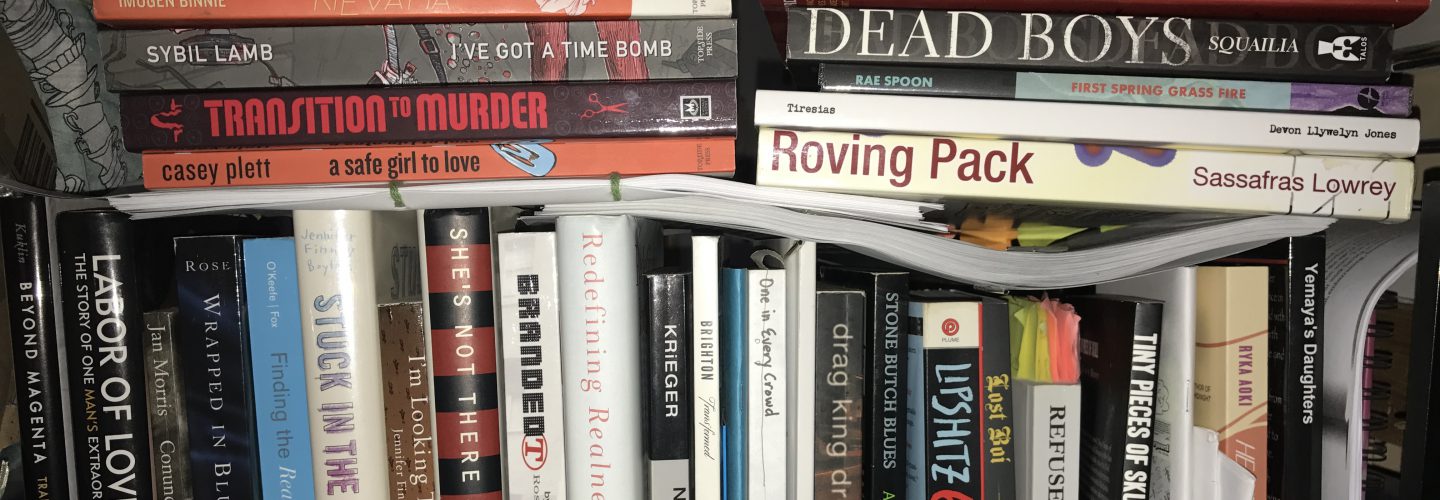This week has flown by. I think it’s been pretty productive. At the beginning of the week I was finalising teaching preparation before attending the lecture/workshop on Wednesday. The 2 hour lesson was actually fab, I don’t think that the undergrads really appreciate how interesting the module leader has made it. He discusses the topic for a while and then sets a task for them to discuss in groups. He, the other seminar tutor and I go around the class and talk about their thoughts. He does this a few times during the lecture and the two hours go really quickly.
My seminar class is on Thursday morning. Most of my students turned up, which is always a good start. We were discussing four poems. I split the room into two groups and gave them two poems each to look at. We then came together and discussed them. Most of the students seemed to engage really well. They came up with some fab ideas. I’m looking forward to working with them this term.
This week my housemate and I rearranged the living room into a PhD hub. She found another desk in the cellar that we’ve cleaned up and moved various bits of furniture around to accomodate. I work at the dining table with her on the other side of the room at the desk. We’ve been challenging each other to write 500 words a day, and for two out of the three days we’ve hit target. The day we didn’t was due to the furniture moving and the fact that we had to collect and install a new oven as ours went kaput. I’m pretty proud of the fact that I managed to do it without blowing us up.
I’m meeting my supervisor tomorrow to discuss my first chapter. I’ve got just over 6000 words written, so I’m about a third of the way through. My aim is to have it finished by December so I can move onto the next chapter after new year. The chapter is about passing and crossing in two texts – Leslie Feinberg’s Stone Butch Blues and Renee James’s Transition to Murder. They both deal with the topic in different ways. Jess in Feinberg’s text transitions to male, having top surgery and taking testosterone. They find it relatively easy to be read as cisgender, however, in doing so they feel as though they’ve lost their sense of self and therefore decide to stop taking the hormones and remove their beard. It is only then that Jess finds an authenticity of self in embracing the liminal, in living as what they describe as ‘a he-she’ – something that allows them to embody all aspects of their gender identity.
Bobbi in Transition to Murder, who I’ve spoken about before, transitions to female and from very early on in the text voices the fact that she’ll likely never pass as cisgender. She struggles with this during the novel, mostly due the the reactions of the public who are alternately unwelcoming, hostile or explicitly violent. Bobbi’s strong support network, her friend and therapist, her boss, and the trans community group she’s a part of are her real saving grace at that point. As the novel progresses Bobbi grows in confidence, she embraces her own sense of femininity and finds ways in which to be happy and places where her skills are admired.
Both texts highlight the dangers of passing and crossing, but both also show that embracing one’s own sense of embodiment is one of the most important things a person can do. However, it should also be noted that both of these texts feature white, working class protagonists who have, to varying extents, an existing support network when they transition. The ability to embrace an identity that society may frown upon is very much based in a certain level of privilege. My other chapters have novels by trans women of colour, so I’ll be interested to see if the same themes arise.
Today I’m getting on with this week’s teaching prep. And then I’ll probably try and edit what I have so far of my chapter into something resembling sense so I can discuss it tomorrow.
